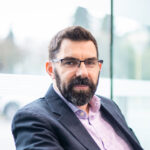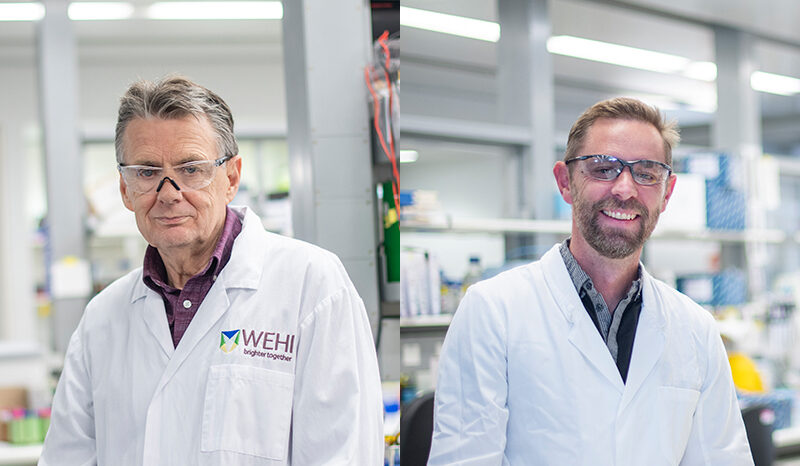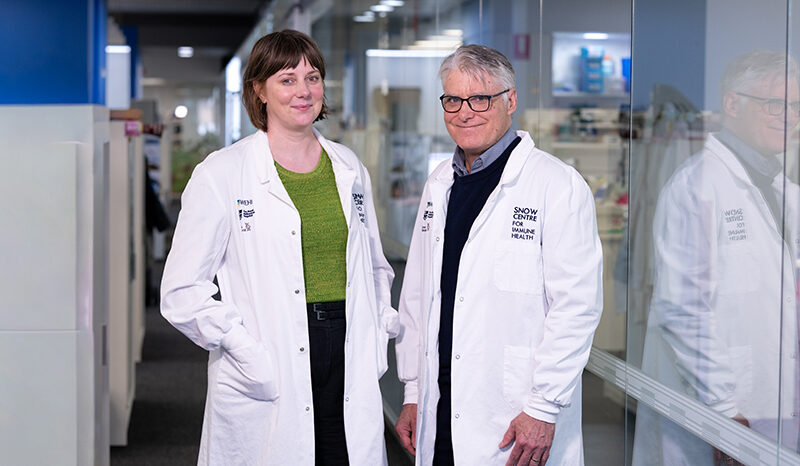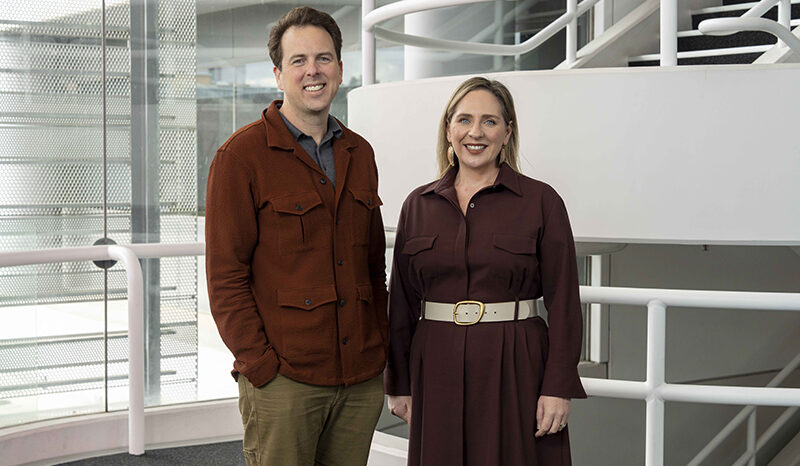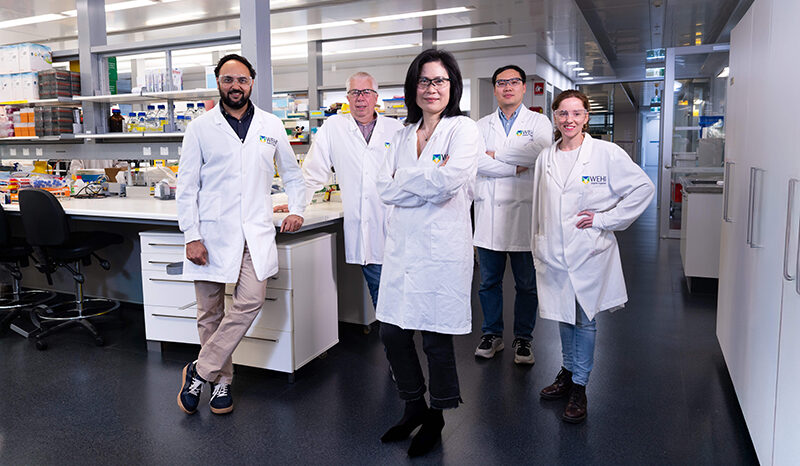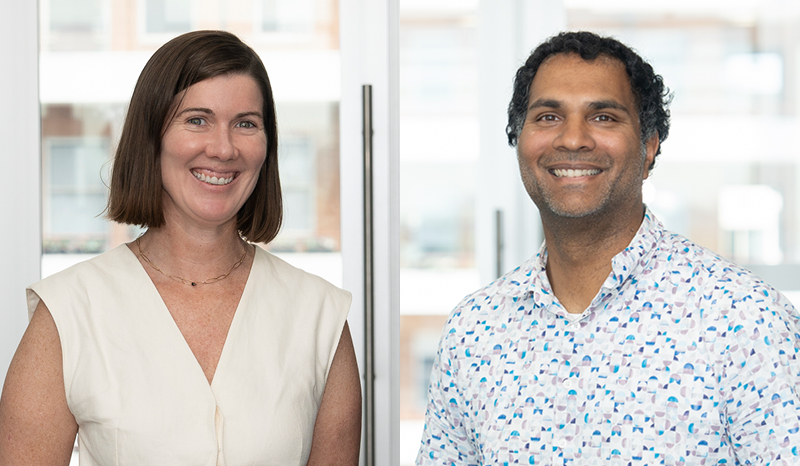Tony
I can’t remember the exact point I first met Mark. He did his PhD at WEHI, though I am not sure if we ever crossed paths at that time.
When he returned from working overseas and approached me about collaborating, I knew we had a real opportunity to create impact.
Mark is a clinician with an interest in the clonal evolution of cancer. He comes at research with a strong understanding of how to test different ideas of clonal evolution in melanoma, whereas I come at it from a mathematical, statistical and data science direction. So our skill sets are complementary.
I liken our process to what jazz musicians call ‘riffing’: we dive deep into the data and this inspires new biological and algorithmic ideas that we bounce off one another. The fun parts are jointly coming up with questions we want to address, then letting the data guide the subsequent analyses.


